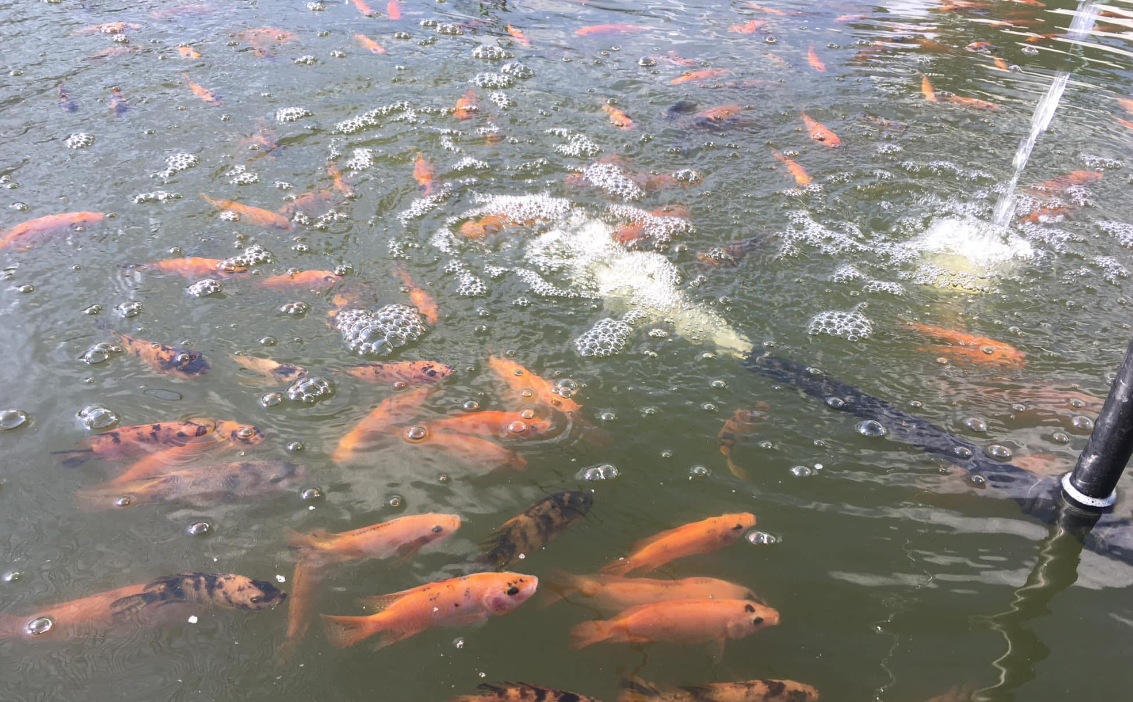In the midst of Cuba’s economic crisis and ongoing shortages, basic activities such as fishing and farming have become increasingly complex.
That’s why two enterprising young Cuban entrepreneurs have chosen to embrace aquaponics, merging these two practices to maximize their resources and simultaneously support the island’s diminishing food resources, as they shared with Reuters.
Aquaponics, an innovative aquaculture system, involves channeling wastewater from fish farming to nurture hydroponically cultivated crops like lettuce, thereby purifying the water.
Joel Lopez, co-owner of JoJo Acuaponics in Cuba, highlights the efficiency and eco-friendliness of their aquaponics system. It seamlessly combines aquaculture and agriculture, utilizing natural processes without the need for fertilizers or pesticides, providing both protein from fish and vegetables, making it an ideal solution for Cuba’s agricultural challenges.
Cuba is grappling with its most severe economic crisis in many years, resulting in scarcities of essential goods like food, medicine, and fuel. In response, the communist-led government has turned to entrepreneurs for innovative solutions.
Jose Antonio Martinez, a former attorney and co-owner of JoJo Aquaponics, remarked, “There’s a logic to it for young people, becoming entrepreneurs, to want to move forward, to be economically prosperous,” economic prosperity.”
Entrepreneurs in Cuba confront a demanding environment. The Cold War-era embargo imposed by the United States complicates financial transactions, and the state-run economy, burdened by bureaucracy, has only recently begun to embrace private enterprise.
Martinez explained, “Aquaponics systems… rely on expensive technology. In the Cuban context, accessing financing is exceptionally challenging.” He mentioned receiving some funding from his local municipality but acknowledged that it fell short of their needs.
Nevertheless, despite these obstacles, an increasing number of Cubans view running private businesses as a means to advance in a stagnant state-controlled economy where the average monthly salary is less than $20.
(Source: Alien Fernandez | Mario Fuentes | Rosalba O’Brien | Reuters)









